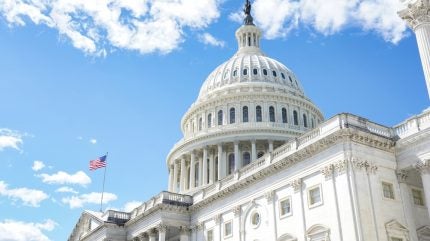
AAFA president and CEO Steve Lamar emphasised the industry’s commitment to sustainability and circularity, noting the importance of EPR schemes in promoting investment in reuse, repair, and recycling infrastructure.
Lamar acknowledged that while the Responsible Textile Recovery bill had been improved significantly over the last two years, some industry concerns remained unaddressed.
“The industry would have preferred to see some additional amendments, such as language to provide for harmonisation with the European Union on the recycling definition, to eliminate restrictions on the sale of recycled textiles, and to fully close the loophole for third-party sellers on online marketplaces,” said Lamar.
The AAFA has actively engaged with the Responsible Textile Recovery Act throughout its two-year development process, previously submitting comments alongside other industry groups and testifying before the California State Senate.
Lamar praised Senator Josh Newman for his engagement with stakeholders, resulting in amendments that addressed previous industry concerns which led AAFA to withdraw its opposition to the Responsible Textile Recovery Act.
These changes included closing a loophole for online marketplaces, ensuring brands’ resale efforts were included, allowing circularity partners to participate, and eliminating liability for counterfeit products.
“We look forward to continued work with Senator Newman and the State of California on this programme. The EPR program’s successful operation will be vital to supporting the industry’s circular transition.”



